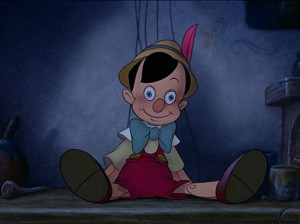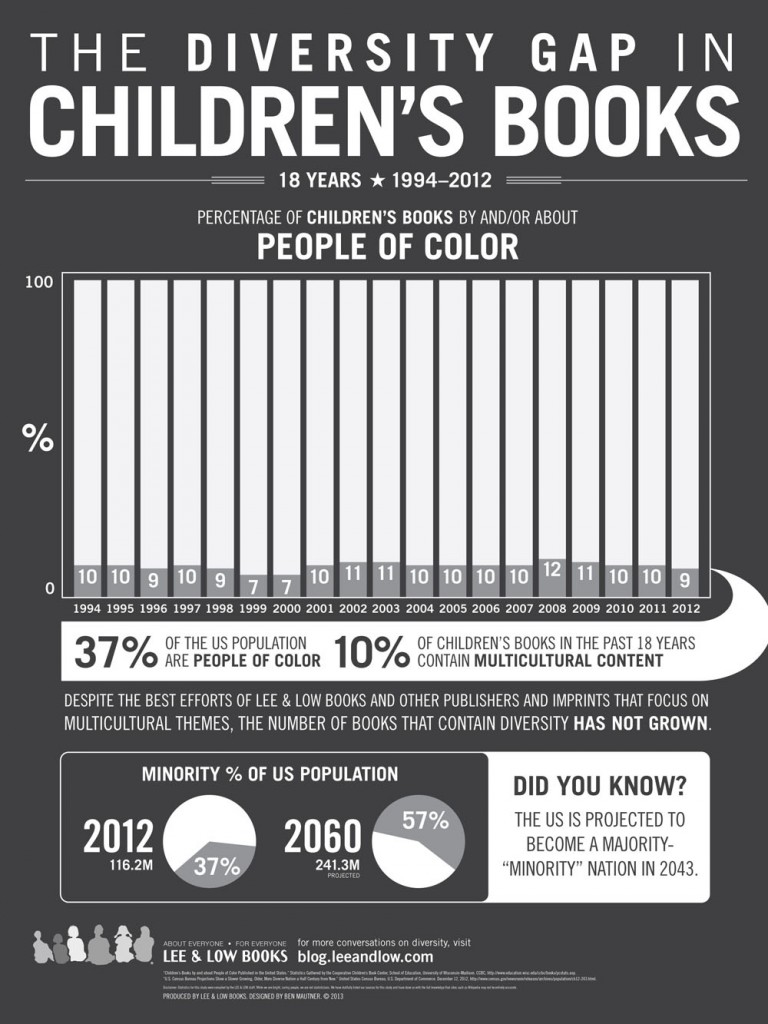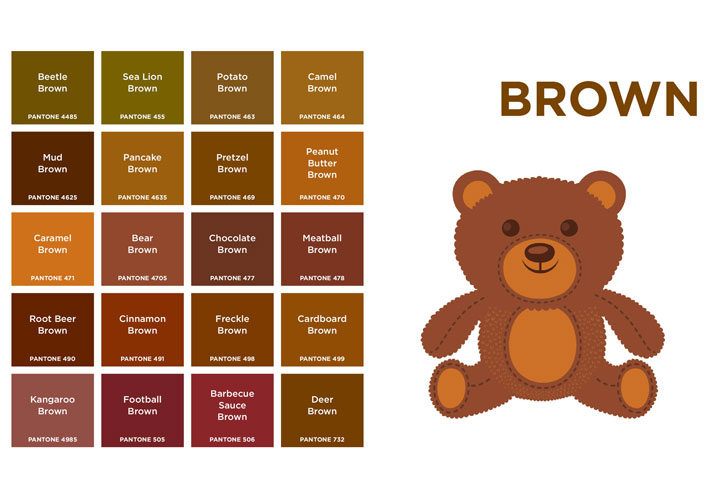(I curate these here, so that I will remember what I’ve said. These notes are an attempt to articulate, not necessarily to instruct, and you can bet they kick off discussion. ☺)
Unless you have the type of filters which allow you to utterly avoid pop culture entirely, you may have heard about the NYT tv critic’s misstep this past week in talking about television producer Shonda Rhimes.
Aside from all of the hoopla about using a stereotype to allegedly describe Rhimes and her career in glowing terms (“getting away with” being damned with faint praise), I found this NPR piece interesting because it talked about how she writes – and how she avoids Only One syndrome.
People often talk, when we talk about diversity, or writing diversity, about how fake it is to have a UN list of characters in a novel. “A black.” “A Jew.” “A Latino/a.” “An Asian.” People have bandied around the term “writing a novel like a Benetton ad.” [NB: I don’t mean people in my writing group.] Well, thing is, nobody asked you to do that.
At the very end, I read her an audience question that said something like, “How do you think your shows have changed the position of African-Americans on television?” After a little pause, she said one of the things she’d learned was that on shows with Only One (only one woman, only one black character, only one Asian person, only one gay character), that’s when the Only One is required to be about nothing except that characteristic. She said her hope was in part that just by having more than Only One on her shows, she gave those characters room to develop and to have other things about them be important. She hopes that — and here’s the rub — by consciously increasing diversity overall she makes the race of each character less limiting, less defining. – “The Only One” from NPR’s “Monkey See” with Linda Holmes, 22 September 2014
When we have a character who is an “only one,” in our work, we make them do the work of relating the entire “other” experience. It’s like growing up the only African American kid in your class… and then having a new kid come who happens to be black, and having your teacher lead that kid to you and say, “Lindsay here will show you around, and I’m just positive you two will be soon be best friends.” Um… based on what? A single element, like skin color, isn’t enough to bridge gaps of culture, class, gender, or even mutual interest. (The new-best-friend thing has happened to me and plenty other minority kids in classes full of majority kids, like, twentymillionhundred times. Some teachers in my past have been clueless. This is also not to say that a shared color is not enough to create association, but that’s the equivalent of nodding to another woman at the sink in a public restroom – yeah, you’re both washing your hands after using the bathroom. Well done both. You’re still not friends..) Just as that teacher’s expectation is ridiculous — and limiting — so is the “only one” school of writing.
Additionally, the problem with “only one” is that “only” bearing the burden of “the gay/black/Latino/poor/trans/rich” experience in a more literal way. Like we’ve discussed with the Bechdel Test, where a rule of thumb for a fully fleshed out female character is if a.) there’s more than one, b.) and, they talk to other females about c.) something about something other than the male characters — writers must realize that diverse people don’t sit around, thinking how they’re so diverse – so cheering for people who “don’t talk about race,” or mention it with their characters is a little silly. (And, I’m speaking for/to myself here; I’ve told you I’ve had people upset with HAPPY FAMILIES because they didn’t realize the twins were African American, when, to my mind, their concern that their father might be choosing a different gender made their race a little less relevant that week.) Relevance is important, but our “only one” can’t stand in for all the gay/disabled/black/German/Polish/left-handed/able-bodied/Jewish/fat/anorexic/Latinos in the world. They just can’t.
It is often in the imagination we do or do not apply to the lives of others that we screw up, no matter what conscious judgments we do or do not apply to what we imagine. It’s usually not your up or down vote that matters, but the entire way you frame other people’s lives. (You can see the same thing when people praise women as gentler, softer, morally superior versions of men. It’s nice that it’s meant as praise; it’s still stereotyping and limiting.) –“The Only One” from NPR’s “Monkey See” with Linda Holmes, 22 September 2014
We’ve talked a lot about the Bechdel Test, and as a matter of reference, it’s a good rule of thumb to apply to diversity as well. If we have “only one” gay character, concerned with and busy being gay – or “only one” African American character, busily holding up the standard of the “black experience,” we have, at best, limited not only our imaginations, but the imaginations of our readers to that one point of view, and at worst have contented ourselves with dealing in shallow caricature and stereotype. If we cannot imagine that our “only one” cannot be a fully realized character through sketchy, single-dimensional characterization, then we’re failing our characters… and ourselves. We never become better writers while standing safely within our comfort zones.
I encourage every one of us to think in terms of diversity – of all kinds – in our novels. That is all.







